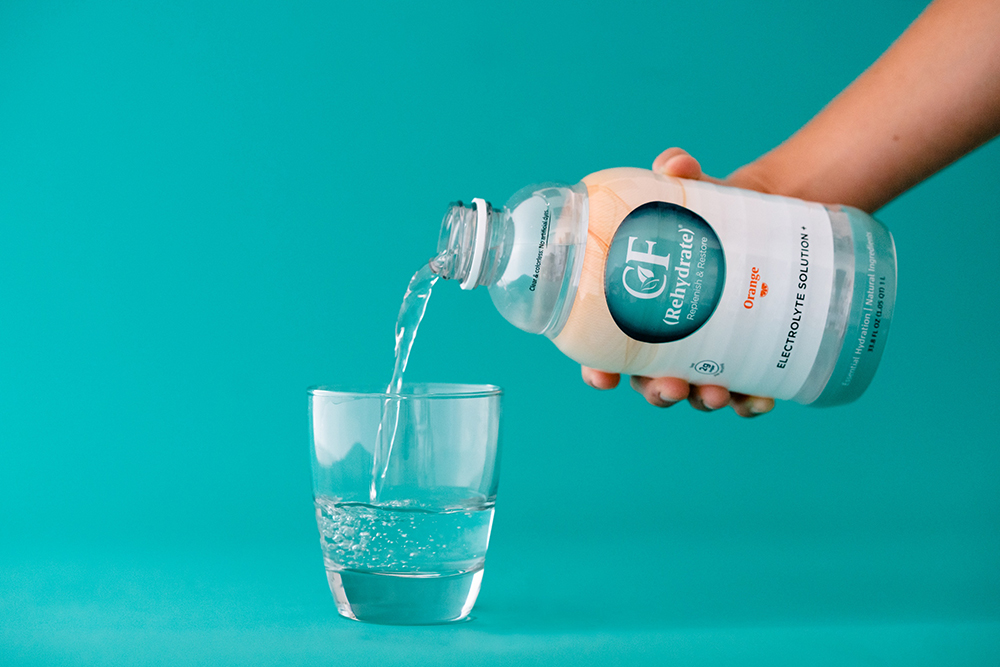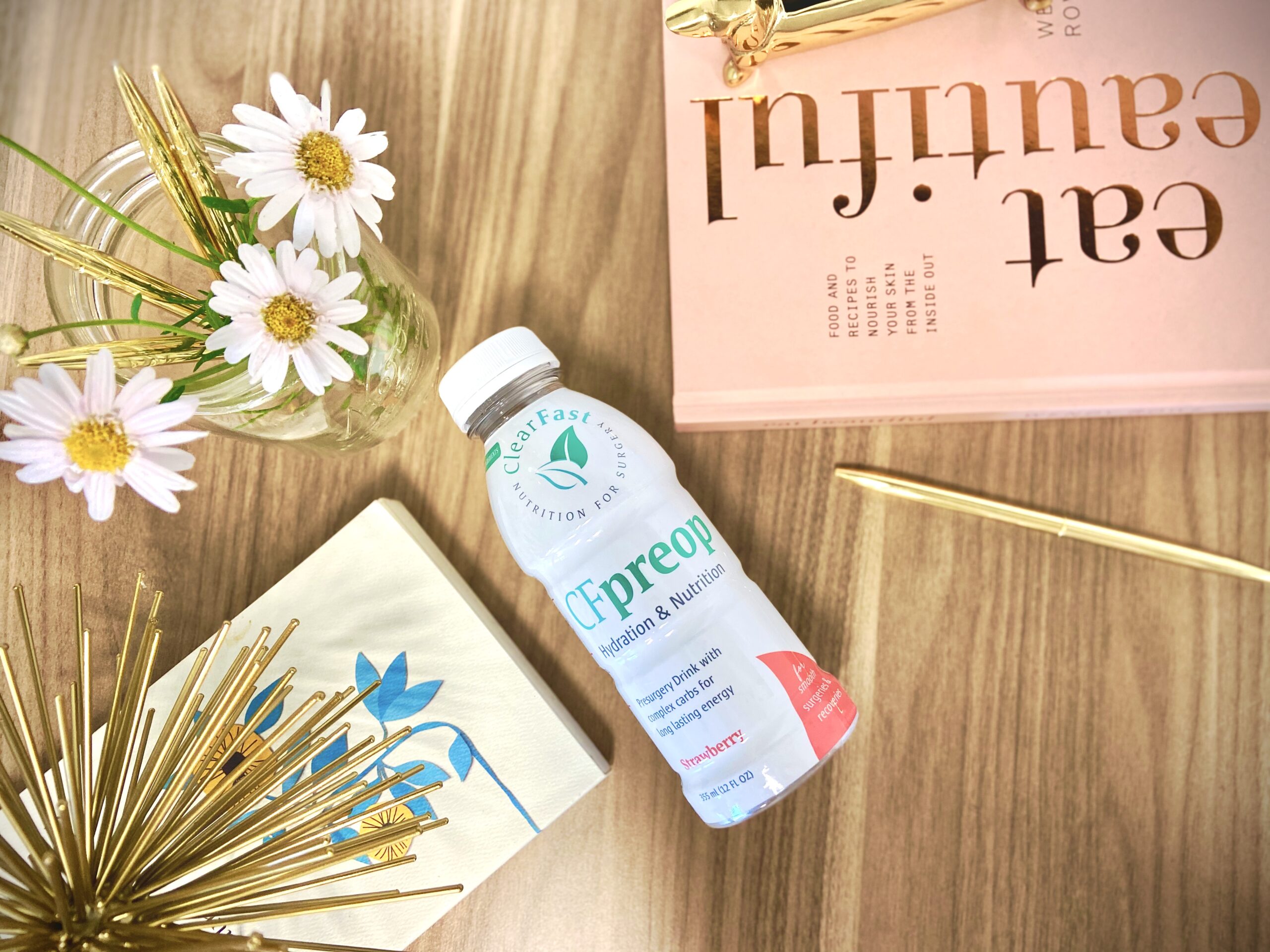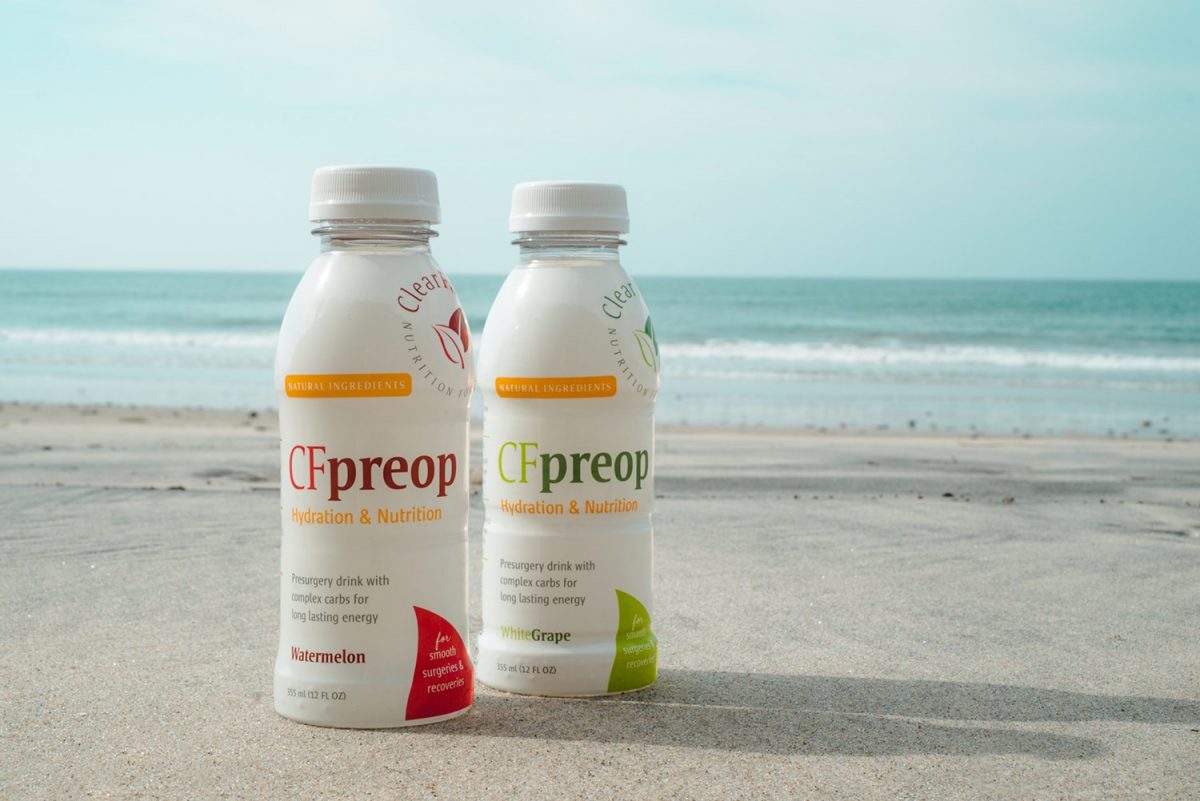In today’s crazy world, we’re all looking for a little more zen in our lives. A natural place to turn? The yoga mat, of course! But, if you’re new to the world of ohhms and up-dogs, you might find yourself wondering a bit about the different types of yoga and which is right for you. From yin to ashtanga, each type of yoga has its own distinct benefits and challenges—and understanding which type best suits you is crucial as you work to find a consistent practice that provides you exactly what you need. Today, then, we’re offering up a quick look at the different types of yoga and the benefits of each. Read on to make your pick. (That’s not to say you can’t practice them all, of course!)
1. Yin Yoga: Stretch, Relax, Restore, Turn Inward
A style of yoga where you hold passive floor poses for longer periods of time, yin is the most relaxing and restorative option when it comes to the different types of yoga. The music tends to be slow and serene, many teachers opt to bring in essential oils to help heighten relaxation, and lights will often be low. While you certainly aren’t going to burn as many calories as you might in, say, a vinyasa class (more on that below), yin yoga can still present a challenge for anyone who tends to be tight. If you workout regularly and feel the burn of all that lactic acid building up, working in a yin yoga class on your off-days is a great idea. It’s also a perfect practice for anyone who’s desk-bound all day and suffers from a tight lower back and unhappy hips as a result.
- Perfect for: Stretching tight muscles, opening up your hamstrings, back, and hips, and finding peace and quiet amongst the current chaos of the world
- Keep in mind: Because yin involves so many slow-holds and floor poses, you’ll likely want two yoga blocks and a bolster to use throughout class. (If you don’t have a bolster, a rolled up towel or blanket will do just fine.)
2. Vinyasa Yoga: Strengthen, Sweat, Find Power, Turn off Your Mind
If you’re looking to get into yoga to burn calories and build long, lean muscle, vinyasa is your best option. A style of yoga that links breath to movement, vinyasa requests constant movement from pose-to-pose (guided by nasal inhales and exhales) and some serious strength from its practitioners. Because of this, it requires focus and discipline, making it the perfect option for those who want to turn off their wandering mind and get into their physical body for an hour. (If you’re an over-thinker who has a hard time getting your to-do list off of your mind, you’ll really appreciate the mental break a difficult vinyasa class offers.) When it comes to the different types of yoga, this one tends to be the most physically challenging and, we’ll say it: the most sweaty. You’ll be performing countless chaturangas (a yoga-style push-up) throughout vinyasa classes, so be prepared to feel the burn the next day.
PRO TIP: Vinyasa classes are sometimes just referred to as “flow” classes, and the more difficult vinyasa classes are often listed on a studio’s schedule as “power” classes. If you see a class titled something like “Power flow”, rest-assured it’s bound to be a calorie-burning vinyasa session.
- Perfect for: Finding moving meditation, building core and arm strength, checking out of your mind, and burning calories
- Keep in mind: Vinyasa flow classes tend to move quickly, so opt for a beginner-level class if you’re new to this type of yoga. Jumping right into an advanced flow class before you’re ready can cause you to compromise form and end up with an injury.
PRO TIP: Because vinyasa classes aren’t a set sequence, the teacher really drives the energy in a vinyasa class based on the poses she chooses to call. It’s incredibly important you like the person at the front of the room (or, in the world of quarantine, the person on the screen). If you take a vinyasa class that doesn’t quite speak to you, don’t give up on the practice right away. You might just need a different instructor with a different teaching style.
3. Ashtanga Yoga: Find Focus, Build Strength, Create Consistency
A set sequence of postures performed in the same exact order every single time, when it comes to the different types of yoga, ashtanga is all about consistency and breathwork. It’s a type of vinyasa yoga (meaning a type of flow class where breath is linked to movement)—but, unlike a traditional vinyasa class where the poses and order of poses differ every time based on your teacher’s preferences, ashtanga yoga never changes. This makes it a great option for anyone who wants to track their progress, as you can really start to tally your growth as you practice the same sequence week after week.
- Perfect for: Creating consistency, finding focus, getting into “the zone” (because the sequence is the same every time, you’ll soon get to a place where you can solely focus on your breath and won’t necessarily need to listen to the teacher’s cues to drive your practice).
- Keep in mind: The ashtanga set series takes 90 minutes to complete, so it might take a while to build up the endurance you need to get through an entire class. But, as long as you’re on your mat and breathing, you’re technically practicing ashtanga (as it’s all about breathwork)—even if you need to take a break from the actual poses.
———
Ready for more everyday goodness? Browse the rest of the CF Nutrition blog for empowering health, wellness, and lifestyle tips. And don’t forget to replenish after a sweaty sesh on your yoga mat with the clean, colorless, clinical hydration of CF(Rehyrdate)®.










